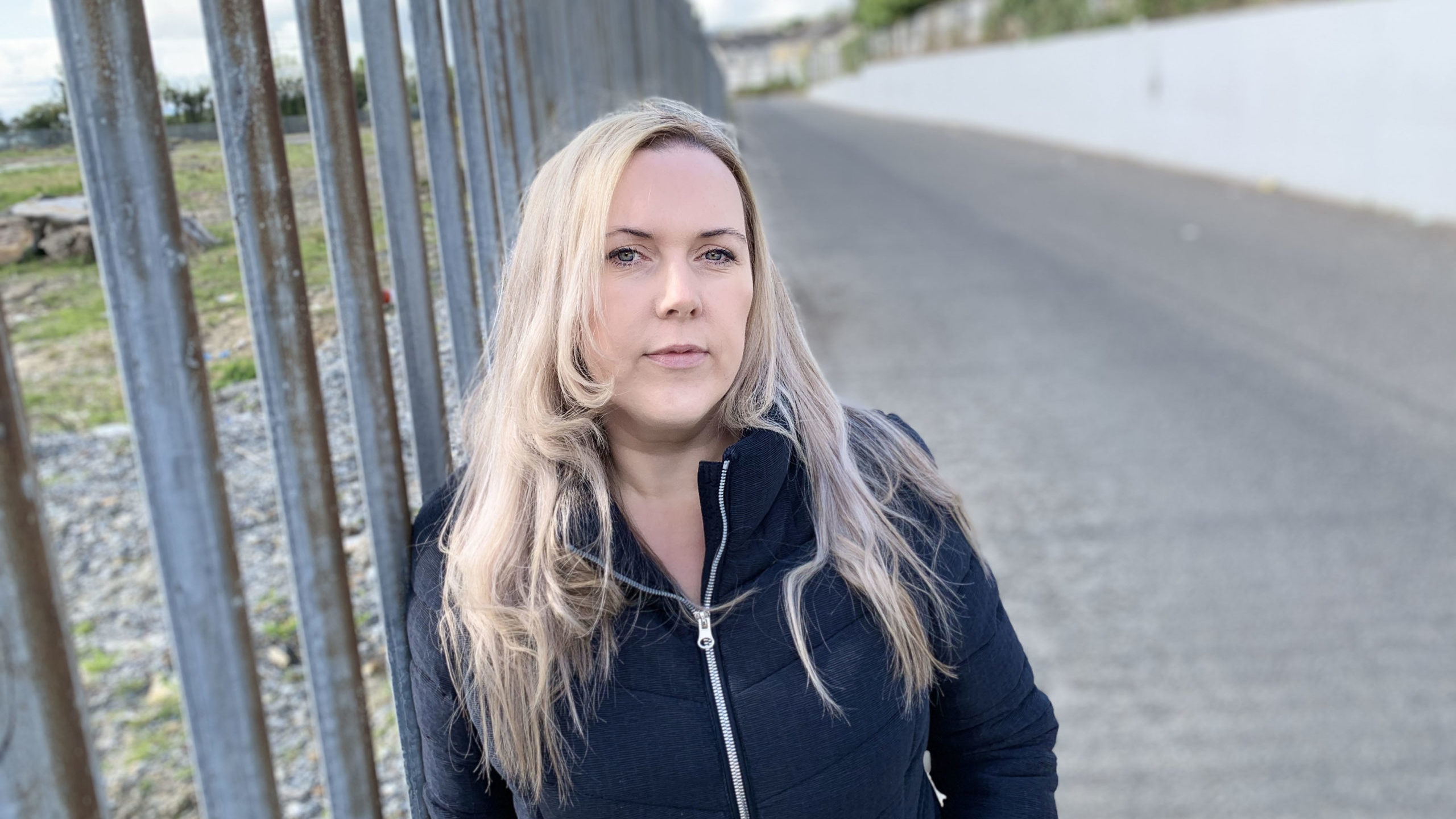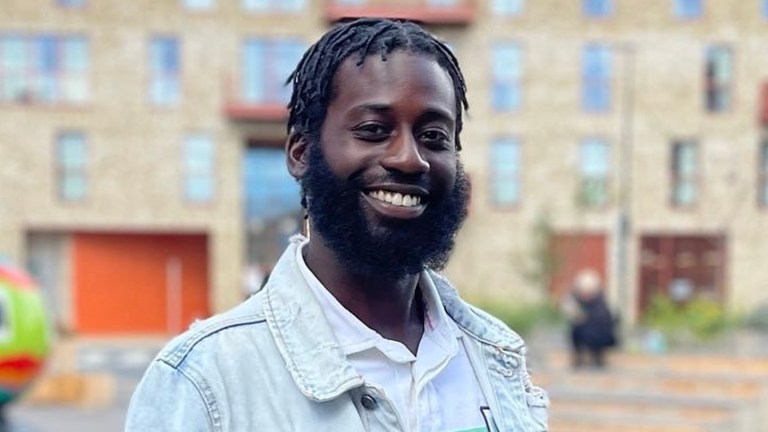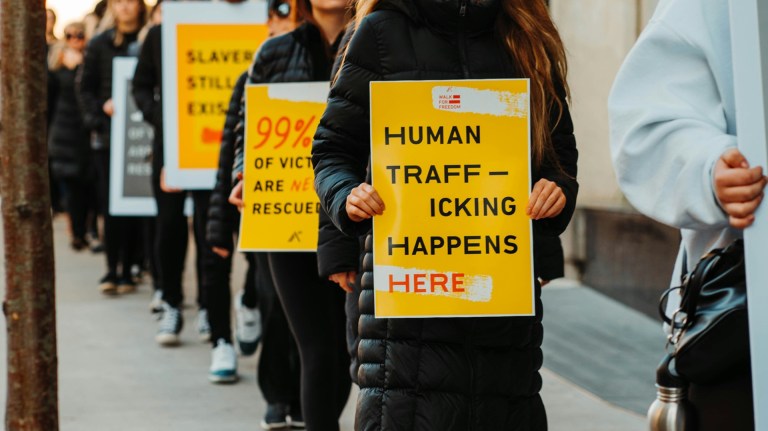That changed shortly before 11pm when a masked gunman came out of the shadows and fired his weapon up the street at police vehicles and the dozens of people of all ages standing beside them. I ran as bullets ripped through the air past my head. One of those bullets hit Lyra McKee. Her life was cruelly taken from her by men filled with hatred. Others who bore witness to the horrors that hatred brought forth will never be the same again.
Get the latest news and insight into how the Big Issue magazine is made by signing up for the Inside Big Issue newsletter
At the time of her murder, I had been a journalist for 23 years. I had dreamt about being a journalist since I was a little girl. A year-and-a-half after Lyra’s murder I had burnt that career to the ground and started my career again in academia, so I could find the peace that eluded me on the streets of my city.
In the weeks and months after Lyra’s murder I was targeted by conspiracy theorists, intimidated and harassed by republican supporters, received death threats, my children threatened, my home put under police watch, had my bank accounts hacked and faced a tsunami of online attacks. Witnessing a murder was traumatic, and what happened in the aftermath pushed me over the edge, gifting me with PTSD.
In the months after the murder, I navigated night terrors, anxiety, panic attacks, hypervigilance, insomnia, nightmares. A dark cloud descended upon me and I was drowning in negative thoughts while trying to keep going. For a long time I could not speak about that night or the events that followed because my voice would leave me, the words would get stuck in my throat and I would cry. My trauma counsellor suggested I write it down and get it out of my head.
I did, and the words formed my chapter in the book I’ve co-edited with the BBC’s Chris Lindsay, Breaking: Trauma in the Newsroom. I spoke with other journalists, and I discovered that they had been broken by stories themselves. I found I was not alone in feeling impacted by events the newsroom constantly revolves around.
Chris received a shrapnel injury when violent republicans threw a blast bomb into a crowd at a riot in Belfast. He watched another media worker nearly bleed to death in the ambulance that took them to hospital. He was just as passionate as me about ensuring the mental health of our media workers was front and centre of future newsrooms.
We both recognised that mindsets needed to change for our journalists and media workers to thrive. For too long media workers have leant on alcohol, drugs, and dangerous behaviour to dull down the often-torturous challenges we face. Journalists are expected to be ‘tough’ and ‘hard-nosed’, rhetoric that has been used for decades to describe those in the profession. So when something happens that impacts on them, they tend to mask their suffering, so as not to be seen as ‘weak’ in the newsrooms. They tend not to seek help – even if it is available in their workplace – because it might make them appear ‘not up for the job’. So they carry on until they fall down. That will never be healthy.
The more we talk about nurturing mental health in our newsrooms the more it will be normalised as a consideration, the same way we consider wearing a flak jacket or hard hat in a hostile environment.
In publishing Breaking, we have brought together 16 high-profile journalists to speak about the news that broke them. They are stories of pain and challenge, grit, and resilience and ultimately courage. They are not all dramatic stories from warzones or riots. There are the ordinary stories of local journalism – covering the tragedies, the inquests, the court cases, the heartache – that chip away at your mental health month after month, year after year and eventually wear your down.
We need to look after our journalists, normalise good mental health, put support in place for them as they work, so that they don’t break. Rather they and our industry thrives.
Breaking: Trauma in the Newsroom by Leona O’Neill and Chris Lindsay is available in bookshops, at Amazon, Barnes & Noble and here.










